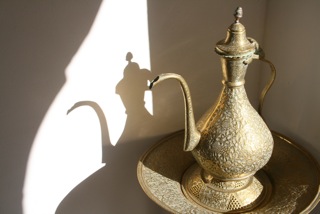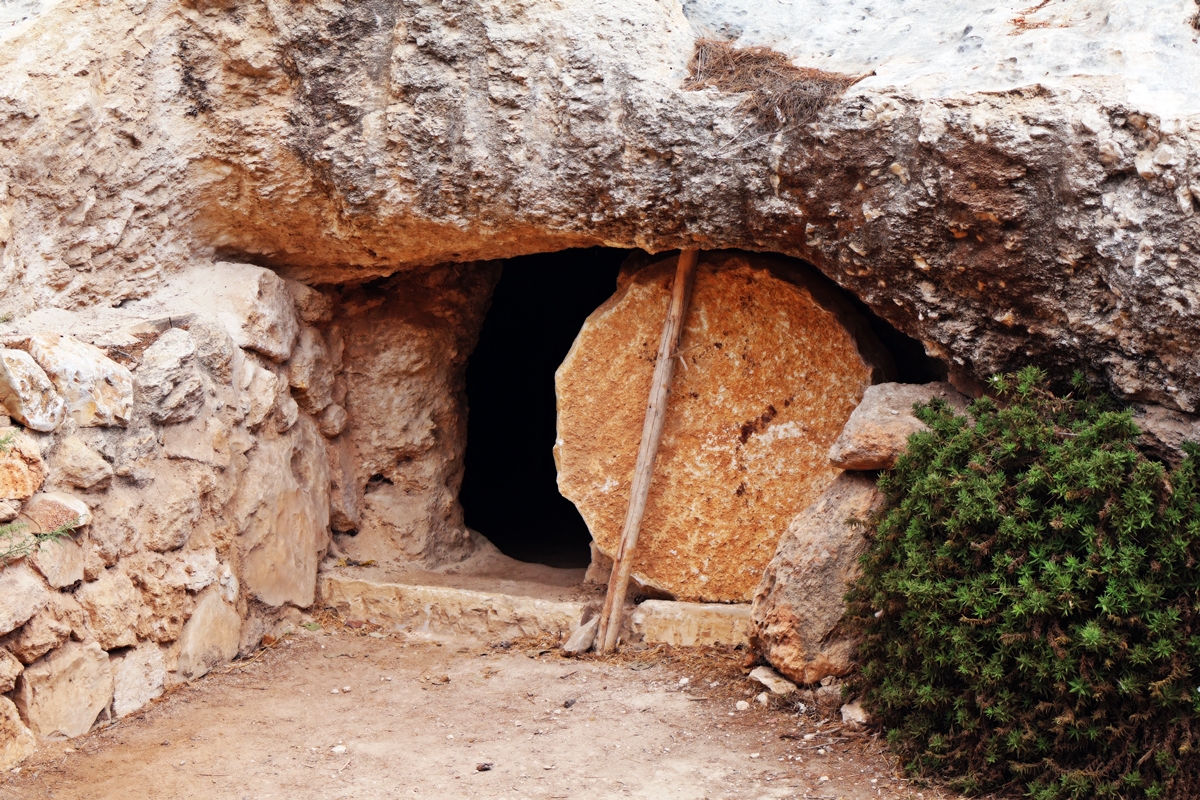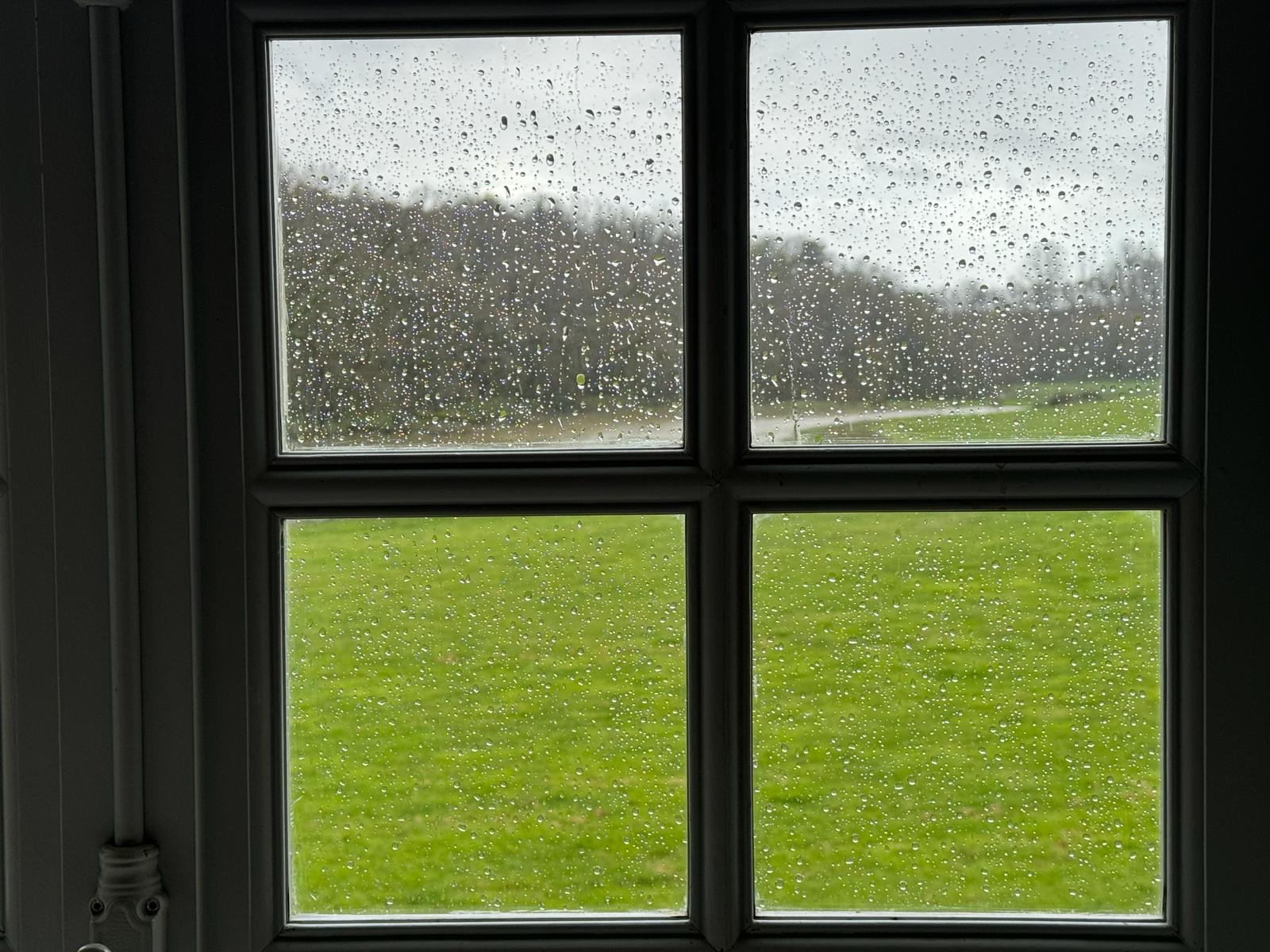
It is a privilege for a person on the outside to enter a prison and meditate with the inmates. As with any marginalized or rejected group they have been pushed away from ordinary kinds of relationship and so their awareness is, or can be, unusually direct and honest. Not all prisoners do take to meditate. But in my experience of speaking in prisons, as I did today, they are unusually receptive to the opportunity.

It is a privilege for a person on the outside to enter a prison and meditate with the inmates. As with any marginalized or rejected group they have been pushed away from ordinary kinds of relationship and so their awareness is, or can be, unusually direct and honest. Not all prisoners do take to meditate. But in my experience of speaking in prisons, as I did today, they are unusually receptive to the opportunity.
When the message of prayer as attention is getting across, through the compounded layers of pain and humiliation, it is a rare moment of happiness for all involved. For a while the spirit of love and liberty flows in a lucid stream of understanding and communication. In the deep and trusting silence of the meditation that follows the presence beyond naming is very strong.
As the meditation ends I noticed that the prison officer, sitting at the back to keep an eye on everything and who was obliged to be there to protect us, was himself meditating. He had closed his eyes and must have gone quite deep because it was taking him time after the chime to open them. What better example could there be of the power of silence to reconcile and transcend opposites?
St Benedict says that the monastic life should always be like Lent. I think he means we need to live in the heart of loss and detachment if we are to experience the rising sap of new life. Sometimes this is easier to see in prison cells than monastic cells. But because the loss in the life of a prisoner is involuntary it can also be harder to accept and make use of.
On the Inside or the outside, Lent is about freedom from attachment to things and people and unreal thoughts about them. The first step into this is acceptance of our self as and where we are. This is repeated continuously at deeper levels of simplicity until we understand that we are held and accepted in the all-embracing arms of God.
Laurence Freeman OSB
Listen to the Lent Daily Reflections Podcast HERE





